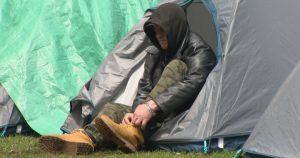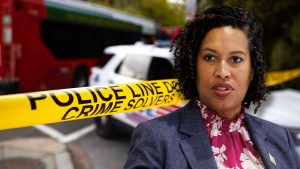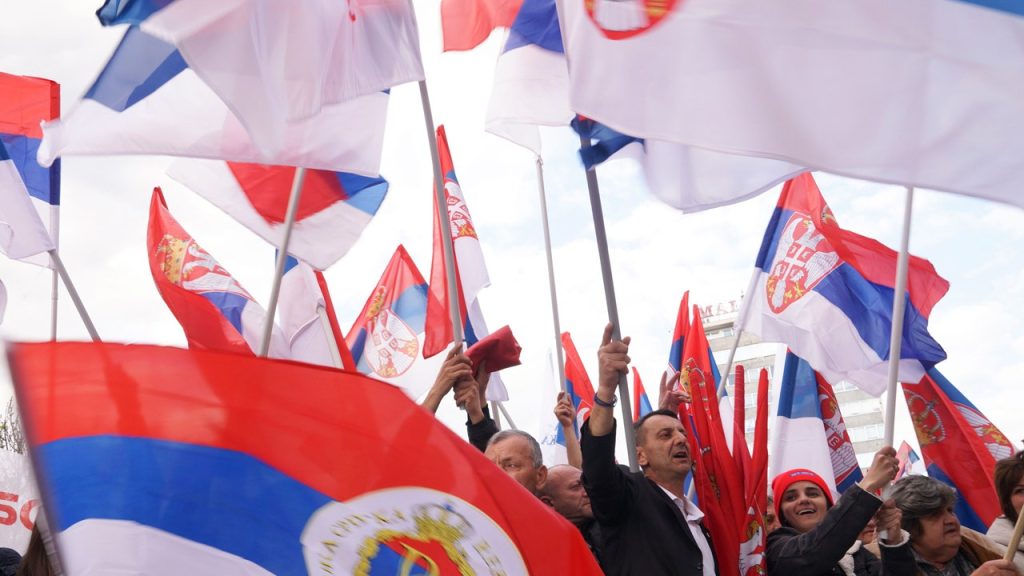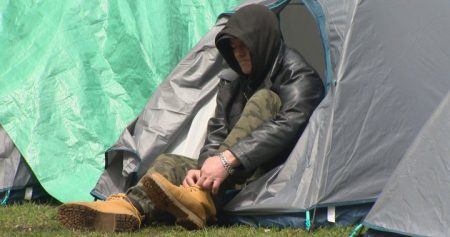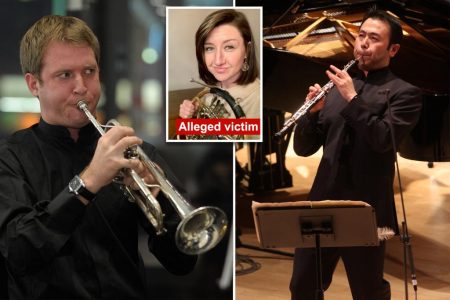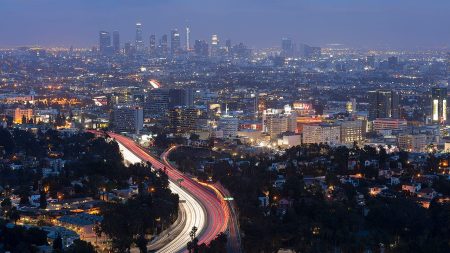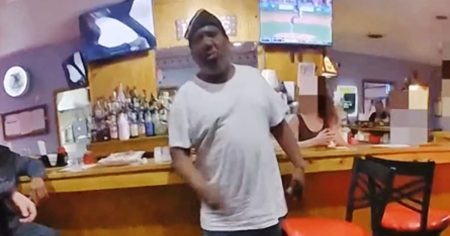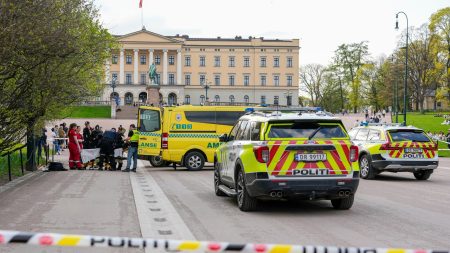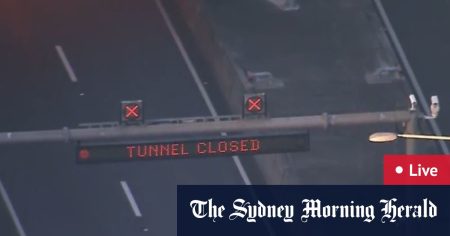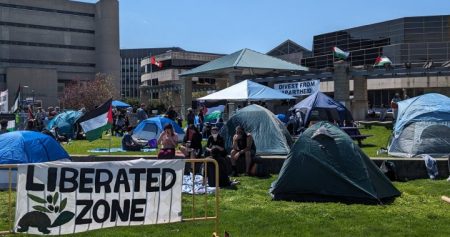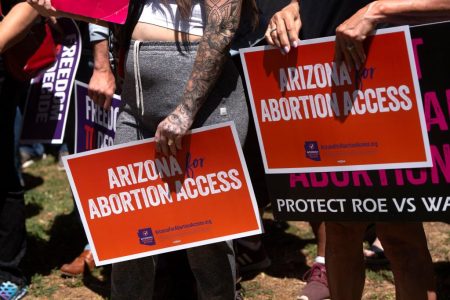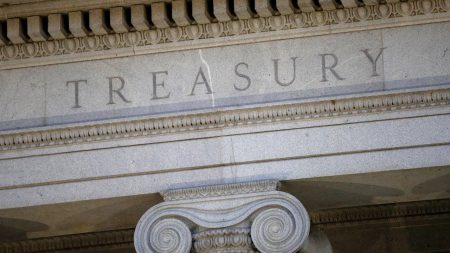Thousands of Bosnian Serbs gathered in Banja Luka to deny that genocide was committed in Srebrenica in 1995, despite rulings by two United Nations courts confirming otherwise. The massacre in Srebrenica saw over 8,000 Bosniak Muslim men and boys executed by Bosnian Serb troops, with their remains dumped in mass graves and later reburied to hide the evidence of atrocities. International courts in The Hague labeled the crime as genocide, the first in Europe since World War II, with top Bosnian Serb army officers and political leaders convicted of genocide by U.N. judges.
The rally in Banja Luka was organized in opposition to a draft U.N. resolution commemorating the genocide in Srebrenica, supported by Bosniak politicians, European countries, and the United States. The Bosnian Serbs and neighboring Serbia strongly opposed the resolution, fearing it would label the Serbs as a “genocidal nation.” Despite genocide denial being punishable by Bosnia’s own laws, the Bosnian Serb parliament approved a report denying the Srebrenica genocide. Dodik threatened that Bosnian Serbs would split from the rest of the country if the U.N. General Assembly passed the resolution, as they do not want to live in the same state as Bosniaks.
Serbia’s parliament speaker and outgoing Prime Minister Ana Brnabic attended the rally in Banja Luka, showing support for the Bosnian Serb separatist leader Milorad Dodik. Dodik, who is pro-Russian and has faced U.S. and British sanctions for his separatism, has traveled to Russia and met with President Vladimir Putin despite Western defiance. Dodik expressed hope that a potential victory by former U.S. President Donald Trump in the upcoming election would lead to “different conditions in which we will play,” without elaborating. Dodik concluded his speech by hailing “Long live Russia!”
Bosnia remains ethnically divided and politically tense long after the end of the 1992-95 war, with internal divisions hampering the country’s efforts to seek European Union membership. The ongoing conflict in Ukraine has added to fears of instability in the region. The country is split between Bosniaks, who are mostly Muslim, and Croats, with Bosnian Serbs controlling about half of Bosnia. Dodik’s threats of a split from the rest of the country if the Srebrenica resolution is passed demonstrate the deep-seated divisions within Bosnia, further complicating efforts to move towards EU membership.
Despite the recognition of the Srebrenica massacre as genocide by international courts, the denial of this fact by Bosnian Serbs continues to fuel tensions in Bosnia. The rally in Banja Luka, attended by top Bosnian Serb leaders and supported by Serbia, underlines the ongoing divisions within the country. Dodik’s defiance of Western sanctions and his pro-Russian stance add to the complexity of the situation, with implications for Bosnia’s future and regional stability. The unresolved issues stemming from the 1992-95 war highlight the challenges faced by Bosnia in achieving lasting peace and unity in a deeply divided society.
